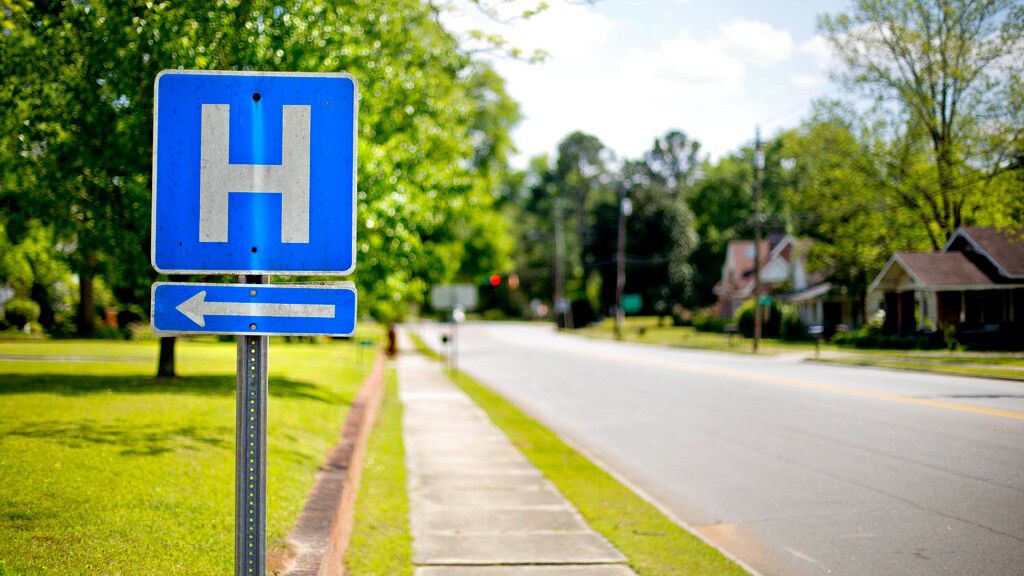Liz Urbanski-Farrell has spent her career working to improve the health outcomes of people living in rural areas, both in the United States and abroad. As the new executive director of the New York State Association for Rural Health, she is acutely aware of the challenges faced by rural residents when it comes to accessing healthcare. With 44 out of 63 counties in New York being either partly or fully rural, representing 85% of the state, many residents have to travel long distances to access healthcare facilities, often requiring time off work and financial resources.
Despite some progress in telehealth services, the costs associated with infrastructure and privacy requirements can make it more expensive than traditional care. In addition, traditional health services in New York have seen stagnant funding for several years. Urbanski-Farrell emphasizes the need for increased support from both the state Legislature and Congress to address the rising costs of healthcare in rural areas. She believes that investing in rural healthcare now will ultimately lead to cost savings in the future.
By focusing on funding sources and providing greater support for healthcare in rural areas, policymakers can help address the unique challenges faced by residents in those communities. Urbanski-Farrell highlights that many rural residents face barriers to accessing care due to a lack of transportation options or financial resources. Additionally, many rural residents have difficulty finding healthcare providers who are willing or able to provide services in their area.
As a result, many people are forced to travel long distances or go without necessary care altogether. This can lead to poorer health outcomes and higher costs down the line as untreated conditions become more serious. By investing in rural healthcare now, policymakers can help ensure that everyone has access to the care they need when they need it most.
Urbanski-Farrell also stresses that addressing these challenges will require a multifaceted approach that goes beyond just funding alone. It will require working with community leaders and stakeholders to identify solutions that work for everyone involved.
She believes that by taking a collaborative approach and investing in sustainable solutions that meet the needs of rural communities, we can create a healthier future for everyone.
In conclusion, Liz Urbanski-Farrell’s dedication towards improving health outcomes for people living in rural areas is commendable as she brings attention towards


